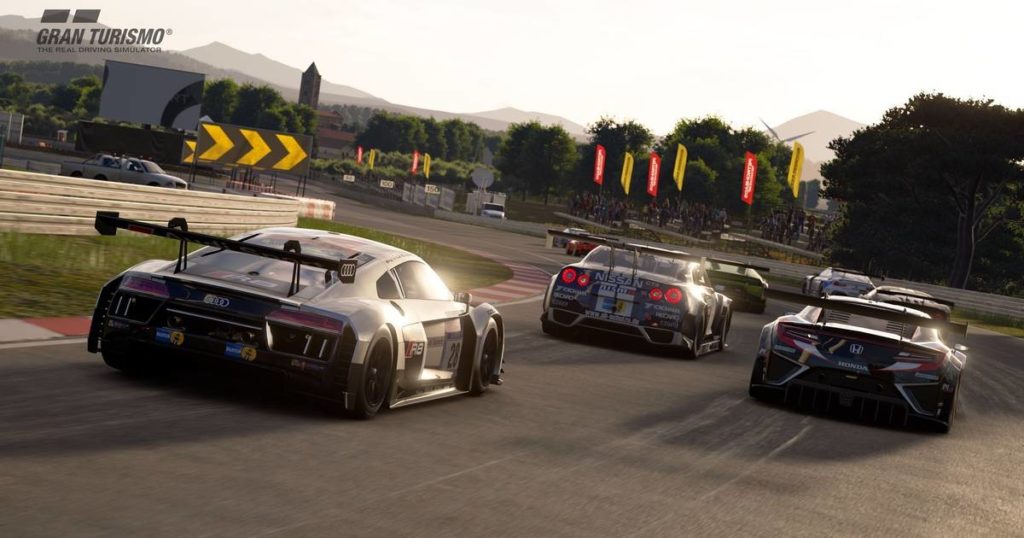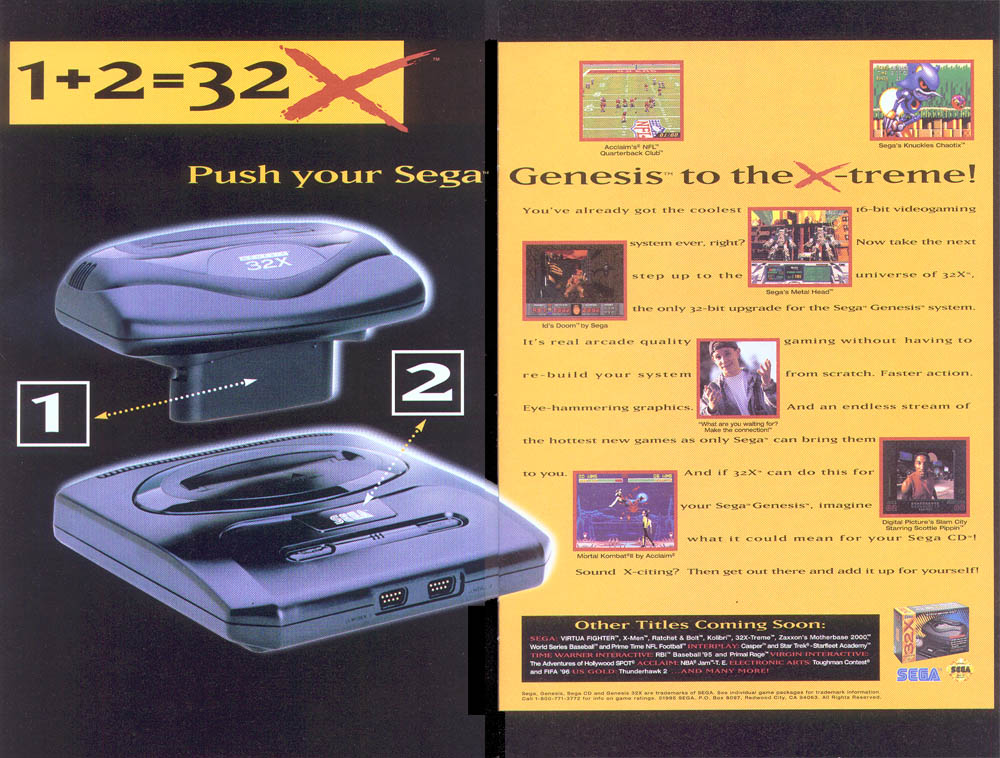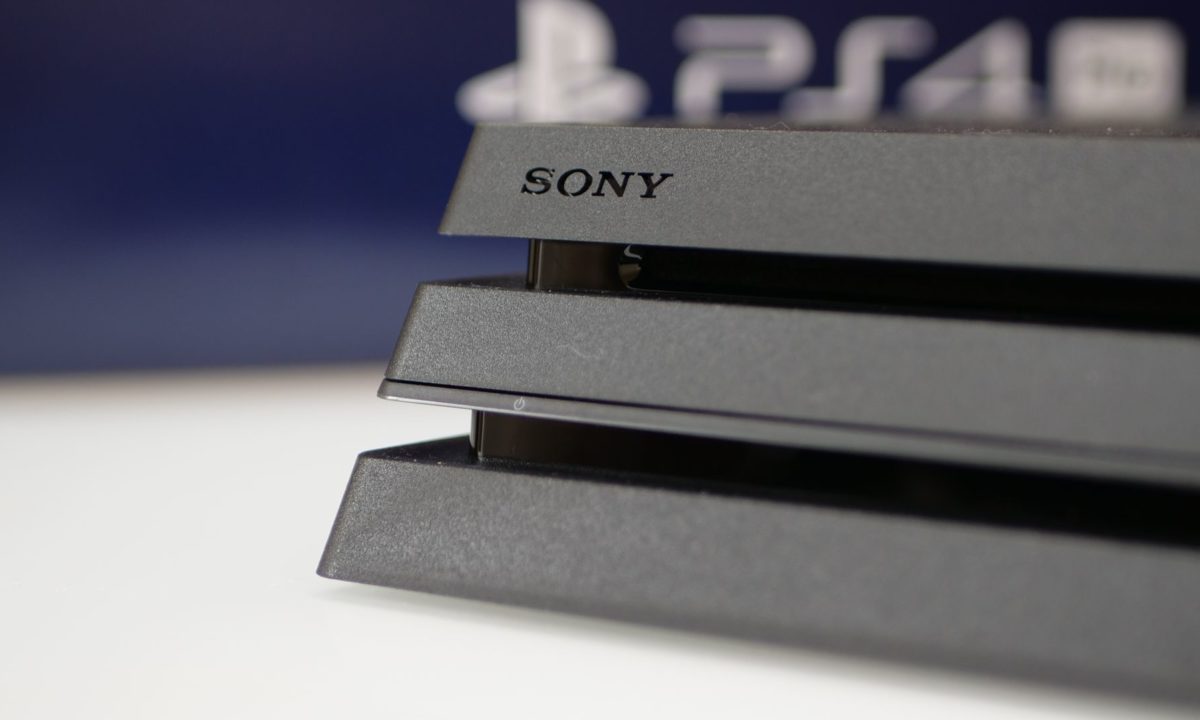Technology moves fast. Even the almighty video game console isn’t immune to how quickly teraflops and gigabits continue to improve. In an effort to deliver an upgraded experience without releasing their next-gen consoles, Microsoft and Sony respectively released the Xbox One X and PlayStation 4 Pro. These upgraded consoles play the same games as their predecessors, but with more oomph. Prepare for faster load times and improved graphics!

In light of the recent… everything surrounding Cyberpunk 2077, this is the perfect time to talk about why I think Pro consoles might actually be bad for home console gaming.
Let’s start by talking about my reasoning. What could possibly be so bad about more powerful video game consoles? Isn’t it inevitable for technology to keep getting better? The simple answer here is “yes, of course.” However, my point here specifically surrounds upgraded versions of consoles within the same generation. Sony brought us the PlayStation 4 Pro a few years before finally releasing the PS4’s true sequel, the PlayStation 5.
The Almost-Next Generation of gaming.
In the past, I’ve talked about how newer games on PS4 have felt sluggish on the console. On one hand, I totally understand why this happens. The PS4 first came out in 2013. So, it shouldn’t be surprising when a game that releases 6 years later feels too advanced on the now-deprecated hardware.
On the other hand, this is completely uncool! A game made for a system should at least work correctly on that system. Sure, maybe the graphics won’t be crazy good, but we’re talking solely about performance. Instead, it seems that the ideal way to enjoy PlayStation 4 games is now on the PS4 Pro. And this, in my opinion, is not ideal at all.
I don’t need no teraflops!
The PlayStation 4 Pro was released in 2016 — three years after the Base PS4 launched. Originally, the PS4 Pro was marketed toward customers who wanted a more luxury PlayStation experience. The console featured faster WiFi, as well as 4K TV compatibility.
If the PlayStation 4 was a sports car, the PlayStation 4 Pro was a faster sports car. However, they both drive on the same track.

Unfortunately for Base PS4 players, more and more third-party game developers seemed to start relying on the assumption that the customer is playing on a PS4 Pro. This theory was solely encouraged on my personal experience. Games like Destiny 2, Borderlands 3, and Jedi Fallen Order clearly indicated that a split was forming in the PlayStation player base. You either owned a PS4 Pro, or lagged behind on a Base PS4. Hashtag boostmode.
This isn’t the first time a console upgrade has formed a rift in a once-unified gaming community. The year is 1994, and the Sega Genesis is grasping for air as the Sony PlayStation just blew the door open on the home gaming console market. Back then, video game console creators were selling their boxes based on how many bits they could pump out. The Sega Genesis’ once-powerful 16-bit brain was no match for Sony’s 32-bit behemoth.
Enter the 32X.
Originally codenamed “Project Mars” (we’ll soon learn that Sega loves the solar system); the 32X was designed to enhance the feeble Sega Genesis. Sega really liked stacking stuff back then. Anyway, the 32X instantly transported the Sega Genesis to the 32-bit era. The idea was that this upgrade would keep Genesis gamers on Sonic Team until the Sega Saturn comes out in 1995. In the end, The 32X was a commercial failure. As it turns out, folks don’t like following up one big purchase with another.

But, the real tragedy was how left behind I felt at the time. I can clearly recall wanting to play Knuckles Chaotix: one of the whopping 40 games that the 32X featured. My smooth child brain just couldn’t grasp why my Sega Genesis didn’t have what it needed to play the latest Sonic game. Did it do something wrong? Did I?
PlayStation 5 Pro, anyone?
In the end, the 32X split Sega’s playerbase to the point of diluting it completely. In my opinion, future “Pro” consoles could run the same risk on their respective players. Will customers be ready to buy a PlayStation 5 Pro or Xbox Series XR in 3 years? Or, will continuous console upgrades encourage players to take hardware upgrades into their own hands and enter the PC gaming space?
